Our team of skilled oral and maxillofacial surgeons provides a full spectrum of sedation and anesthesia options, tailored to your health history, anxiety level, and specific dental procedure. We also offer general anesthesia provided by medical anesthetists as an option.
From minor procedures to complex surgeries, dental anesthesia plays a critical role in achieving a safe and successful procedure.
Many people experience dental anxiety or fear they might feel pain during treatment. At Interface Surgery Centre, we help eliminate those concerns through the appropriate use of local anesthesia, oral or IV sedation, nitrous oxide, or general anesthesia, based on your needs and procedure type.
These options are designed to help you achieve a calm, relaxed feeling and insensitivity to pain, so you can remain comfortable and carefree throughout your procedure.
Used commonly in extractions and minor procedures, local anesthesia numbs a specific area of the mouth. You remain awake and aware but we not feel pain. After the injection, patients may experience numbness in the lips, cheeks, and gums.
Local anesthetics are administered via injection and are generally safe with minimal side effects. However, patients with bleeding disorders, allergic reactions, or specific health conditions may need alternative options to local anesthesia.
A mild sedative that is inhaled through a small mask over your nose, nitrous oxide is excellent for patients with mild to moderate dental anxiety.
It is fast-acting, reversible, and allows you to remain conscious and responsive during treatment. The calming effects typically begin within three to five minutes of inhalation. Commonly known as laughing gas, it’s often used as a wisdom tooth removal anesthesia.
Administered in pill form prior to your appointment, oral premedications offer a deeper level of relaxation. This may be offered to you for your upcoming procedure. Our team would be pleased to review the need for this with you.
While you may still be awake, you will feel extremely calm and may not remember much of the procedure afterward. This method may be proposed by your oral surgeon if you exhibit higher levels of anxiety.
IV sedation involves delivering medication directly into your bloodstream, producing a deeper state of relaxation than oral or inhaled options. The dosage of IV sedation can be adjusted at any point during the procedure to ensure optimal comfort and safety.
While still technically conscious, many patients experience a state of “twilight sleep,” with little to no memory of the procedure. This is ideal for those undergoing complex procedures like removing impacted wisdom teeth.
For patients undergoing complex oral and maxillofacial surgery or those who require complete unconsciousness during the procedure, general anesthesia is an option.
This method renders you completely unconscious and requires careful monitoring of blood pressure, oxygen levels, and heart rate.
Every patient is unique. That’s why we perform a thorough preoperative case assessment, carefully reviewing your medical and dental history, including any bleeding disorders, nerve damage, or health conditions that may increase risk of adverse reactions.
We work closely with you to choose the most appropriate form of dental anesthesia for your specific needs and condition to ensure your comfort and safety.
Trusted Expertise in
Dental Anesthesia
Our practice is staffed by board-certified oral and maxillofacial surgeons with advanced training in anesthesia and sedation. We use hospital-grade monitoring equipment during all procedures and maintain emergency protocols that exceed industry requirements.
Whether you’re coming in for a tooth extraction or another oral surgery procedure, we’re committed to helping you stay informed and at ease—from your first consultation to your recovery.
Yes. All forms of sedation offered at Interface Surgery Centre are approved and administered under strict safety standards by experienced professionals.
It depends on the level of sedation used. Local anesthesia, nitrous oxide, and oral premedications allow you to stay awake. IV sedation and general anesthesia induce deeper states of sedation—with general anesthesia leaving you completely unconscious.
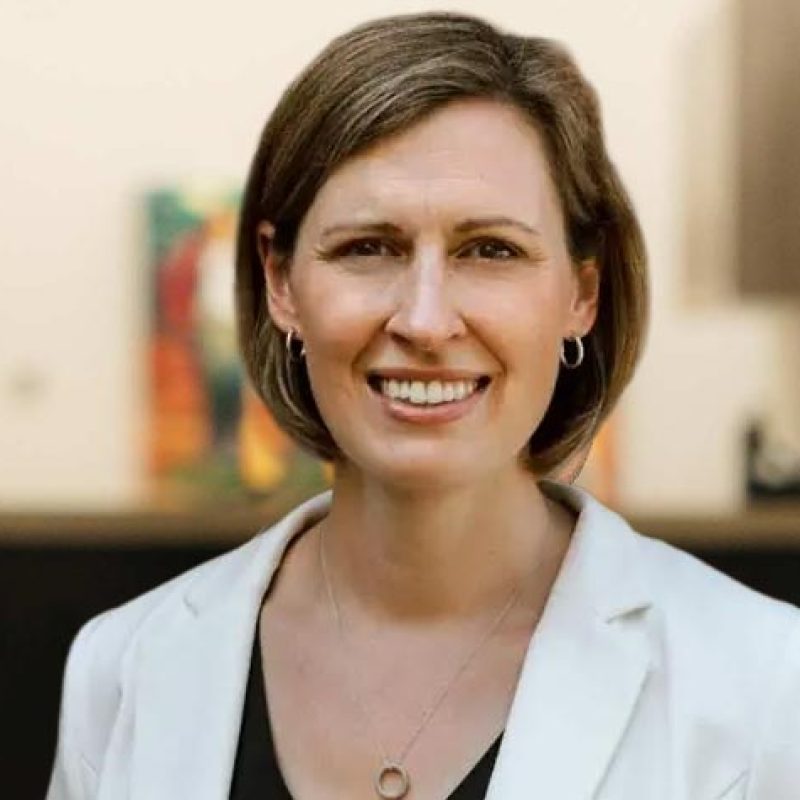
Dr. Christina McCord completed her DDS at Western in 2009 and her specialty training in oral medicine and oral pathology at the University of Toronto in 2013. Dr. McCord is a Fellow of the Royal College of Dentists of Canada. After finishing her specialty training, Dr. McCord worked as an Assistant Professor at the University of Toronto for 18 months, and then moved to London to take a position at Western in 2015. Currently, Dr. McCord is an Associate Professor, with tenure, at Western University.
Dr. McCord is also actively involved in the dental community. She is a past president of both the London and District Dental Society and the Canadian Dental Specialties Association. She is also the current President of the Canadian Association of Oral and Maxillofacial Pathology and Oral Medicine. She is the chief examiner for the RCDC Fellowship Examinations in oral medicine and oral pathology and recently completed a 4-year term as the lead examiner for the National Dental Specialty Exam (NDSE) in oral medicine and oral pathology.
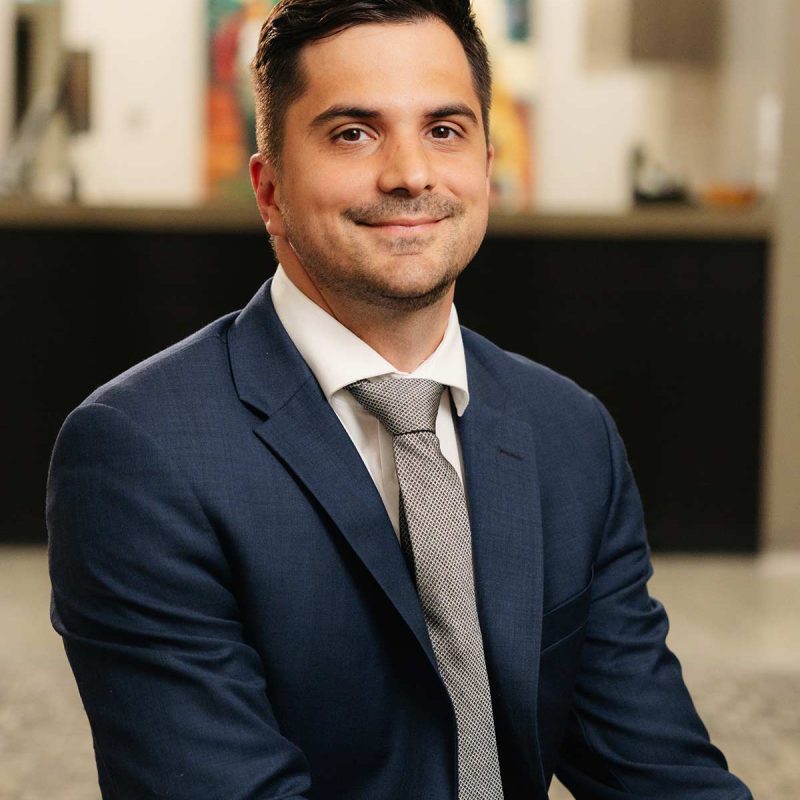
Dr. Damir Rosić was born in Bremen, Germany before moving to Trois-Rivieres, Quebec with his family at a young age. He had the opportunity to learn French and become a Montreal Canadiens fan. He completed his dental undergraduate studies at the Université de Montréal where he also had the privilege of representing the Carabins soccer program. After obtaining his Doctorate of Medicine in Dentistry (DMD), he moved back to the Greater Toronto Area where he practiced as a General Dentist for one year. He then went on to complete the General Practice Residency (GPR) at Western University before being accepted into the Oral and Maxillofacial Surgery program. He also obtained his Doctorate in Medicine (MD) as well as Master’s of Science in Pathology from Western University. Damir is a board-certified Fellow of the Royal College of Dentists of Canada in Oral & Maxillofacial Surgery. He is an active member of the London and Elgin District Dental Societies.
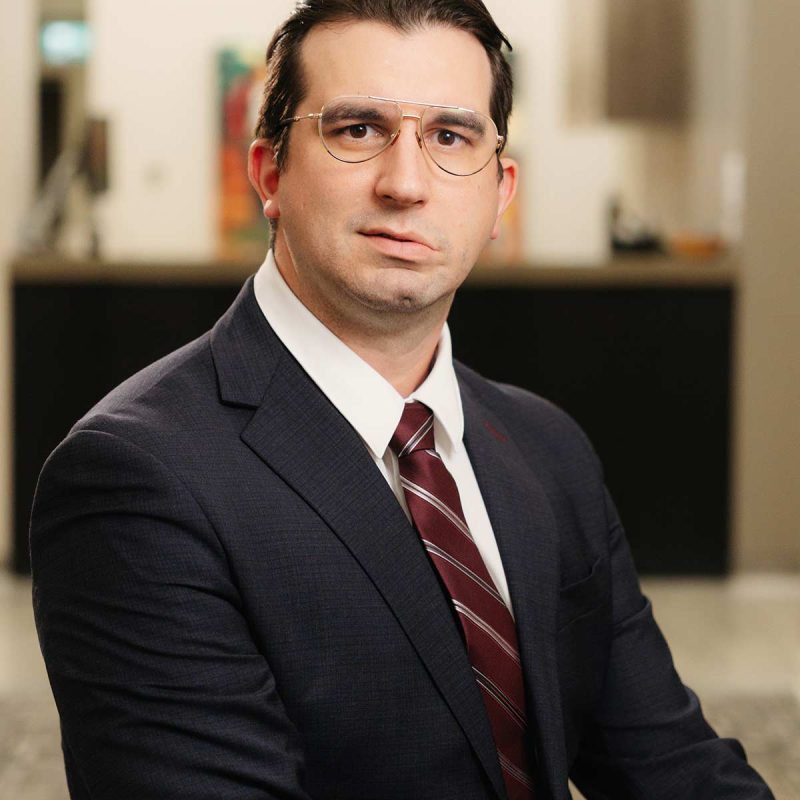
Dr. Benjamin Rogala was born and raised in Winnipeg, Manitoba. He earned a degree in Biopsychology and Neuroscience from the University of Winnipeg before completing his Doctor of Dental Medicine (DMD) at the University of Manitoba School of Dentistry in 2013.
Following his dental studies, Dr. Rogala undertook a general practice residency in hospital dentistry at Foothills Medical Centre in Calgary, Alberta, in 2014. He then spent two years practising as a general dentist before relocating to London, Ontario, to pursue specialty training in Oral and Maxillofacial Surgery at the University of Western Ontario.
During his residency, Dr. Rogala also earned a Master of Science in Pathology and a Medical Degree. He subsequently completed advanced fellowship training in Orthognathic Surgery and Temporomandibular Joint (TMJ) Surgery—including joint replacement and arthroscopic procedures—at the University of Toronto in 2023.
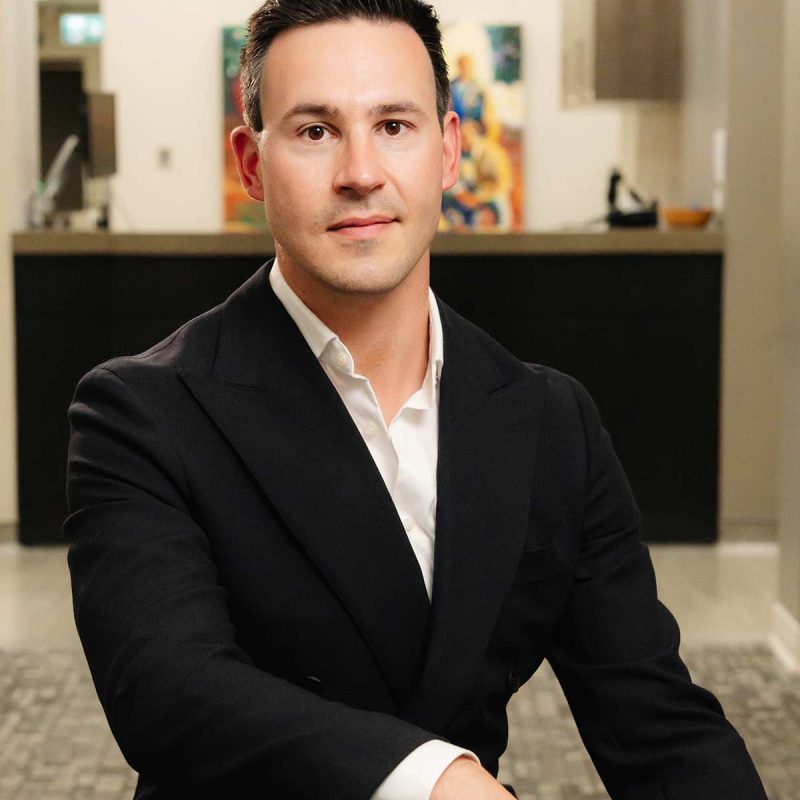
Dr. Christopher A. Fanelli, born and raised in London, Ontario, is proud to call the Forest City home. He completed his undergraduate studies at the University of Western Ontario before earning his Doctor of Dental Surgery (DDS) degree from the University of Southern California – Ostrow School of Dentistry in 2015.
Dr. Fanelli went on to complete his residency in Oral and Maxillofacial Surgery at the University of Miami – Miller School of Medicine, where he served as chief resident. He further specialized with a fellowship in Endoscopic Maxillofacial and Minimally Invasive Surgery at the Harvard School of Dental Medicine / Massachusetts General Hospital. During this time, he also held a faculty position as an Attending Clinical Instructor of Surgery at both Harvard Medical School and the Harvard School of Dental Medicine.
A board-certified Fellow of the Royal College of Dentists of Canada in Oral and Maxillofacial Surgery, Dr. Fanelli is an active member of the London and Elgin District Dental Societies. He continues to publish research in international peer-reviewed journals in collaboration with his colleagues at Interface and regularly lectures both nationally and internationally.
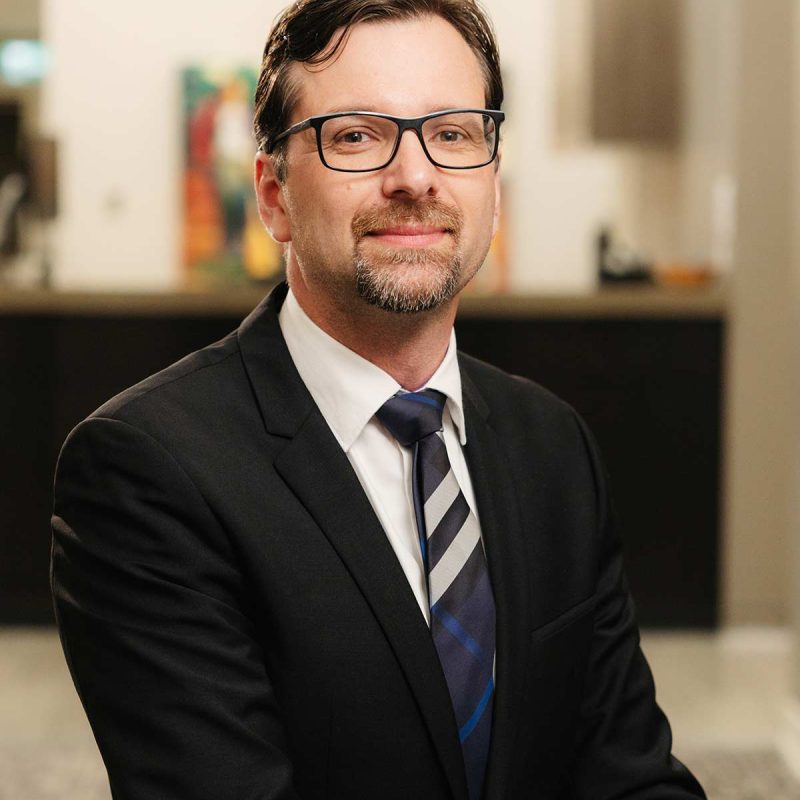
Dr. Kerr was born and raised in Woodstock, New Brunswick. He obtained his Bachelor of Science degree from St. Francis Xavier University followed by his Doctor of Dental Surgery from Dalhousie University. He then pursued additional hospital based dental training and served as a General Practice Resident at London Health Sciences Centre. Dr. Kerr completed his Oral and Maxillofacial Surgery specialty training at the University of Western Ontario, where he also obtained his Masters of Science in Pathology, as well as a Medical Degree. He is a past president of the Ontario Society of Oral and Maxillofacial Surgeons.
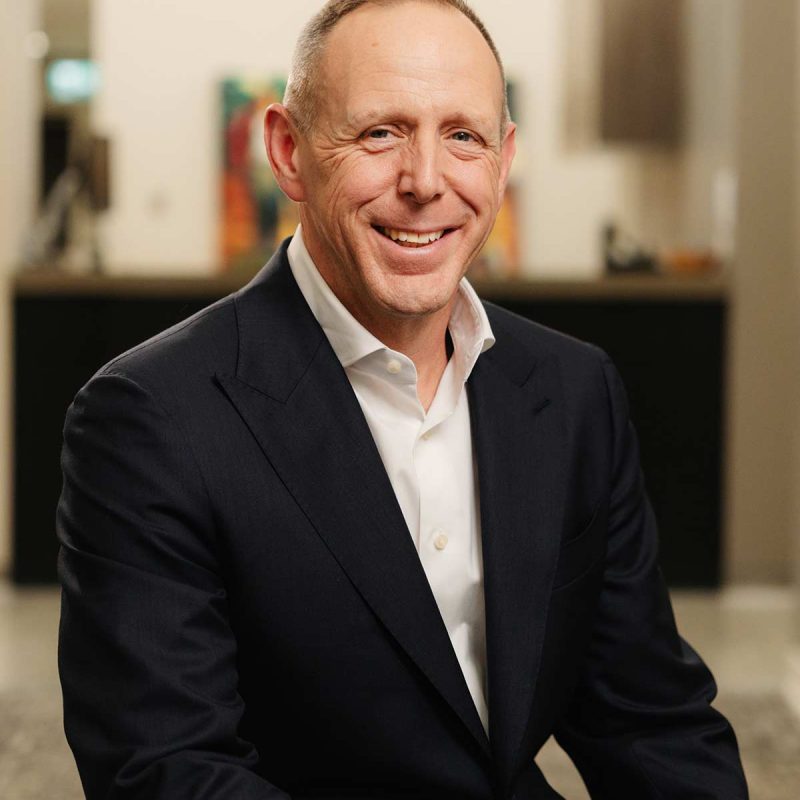
Dr. Michael D. Kirton was born in Scarborough and raised in Unionville, Ontario. He earned both his undergraduate degree and Doctor of Dental Surgery (DDS) from the University of Western Ontario, graduating in 1996. Following dental school, he completed a dental internship at the London Health Sciences Centre in 1997. He then pursued specialized training in Oral and Maxillofacial Surgery at the University of Illinois at Chicago, completing the program in 2001.
Since returning to Canada, Dr. Kirton has maintained a private practice in London, Ontario. He is a Fellow of the Royal College of Dentists of Canada and holds membership in several professional organizations.
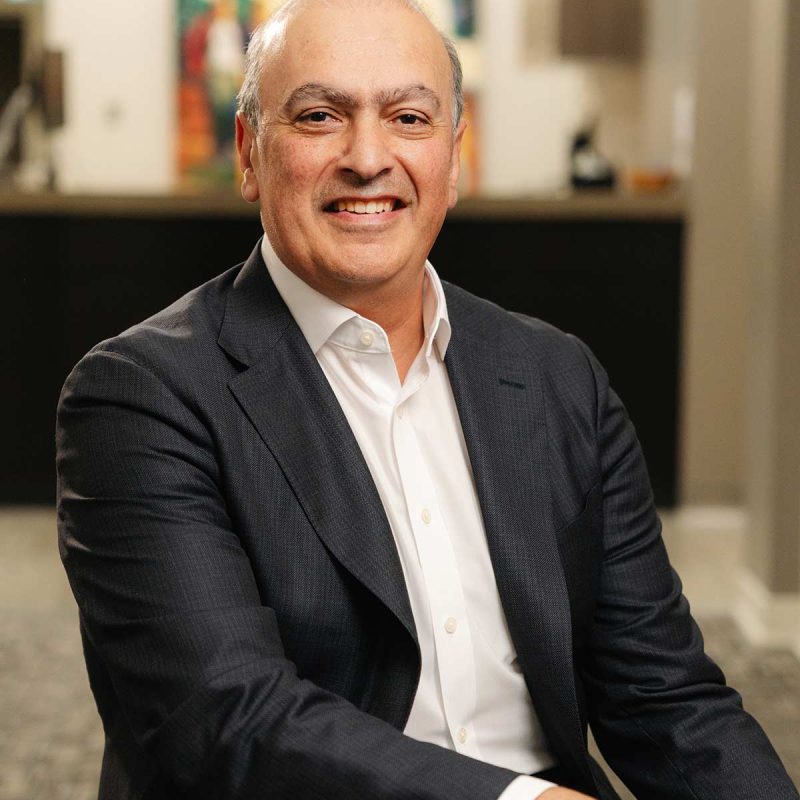
Dr. Keyvan Abbaszadeh, originally from Tehran, Iran, has called Canada home since 1985. He earned his Bachelor’s degree from the University of Toronto in 1990, followed by his Doctor of Dental Medicine degree from Tufts University School of Dental Medicine in 1994. He went on to complete a post-graduate internship at Brigham and Women’s Hospital/Harvard University in Boston, Massachusetts, and finished his residency in Oral and Maxillofacial Surgery at the University of Illinois at Chicago in 1999.
Since then, Dr. Abbaszadeh has been in private practice in London, Ontario. He is a Fellow and examiner of the Royal College of Dentists of Canada, a Diplomate of the American Board of Oral and Maxillofacial Surgery, and a Fellow of the International College of Dentists. He is also a Fellow of the American College of Surgeons. He also serves as an Adjunct Clinical Professor at the Schulich School of Medicine & Dentistry at Western University.
Dr. Abbaszadeh is a past president of both the London and District Dental Society and the Ontario Society of Oral and Maxillofacial Surgeons. His clinical interests include orthognathic surgery, facial trauma, and dental implant surgery.
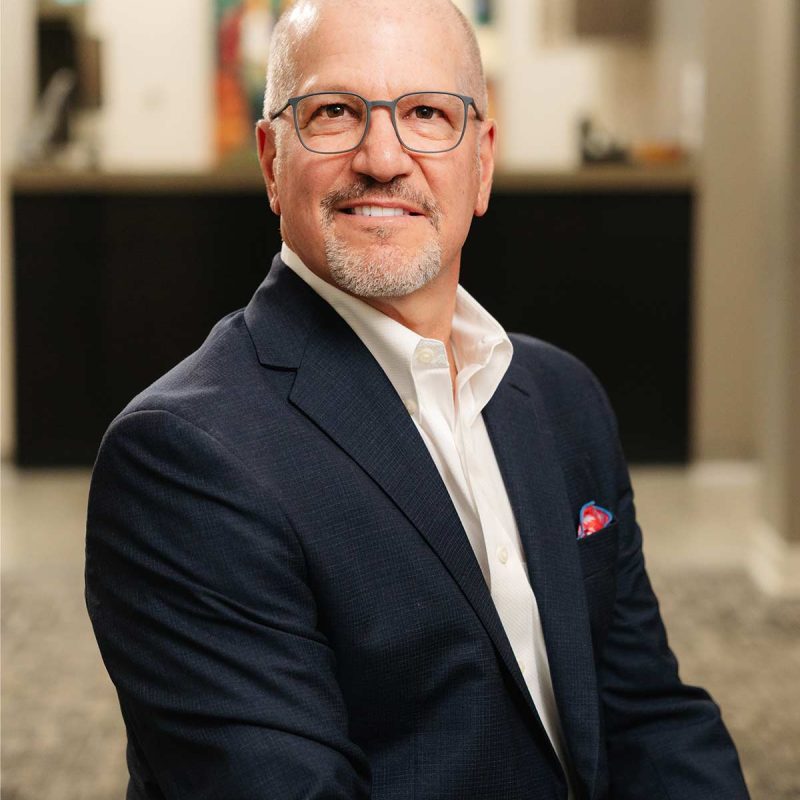
Dr. Mitchell Kravitz, originally from Montreal, Quebec, completed both his undergraduate studies and dental training at McGill University, earning his Doctor of Dental Surgery degree in 1989. He went on to complete a 4 year residency program in Oral and Maxillofacial Surgery at Bellevue Hospital Center/New York University in 1993. Upon returning to Canada, Dr. Kravitz joined the Interface Oral & Maxillofacial Surgery group practice in London, Ontario, prior to the opening of the 2nd and 3rd offices in St. Thomas and Sarnia.
He is a Fellow of the Royal College of Dentists of Canada and maintains active memberships in several professional associations. While his practice covers a wide scope of oral and maxillofacial surgery, he has a special interest in dental implant tooth replacement and bone graft reconstruction.
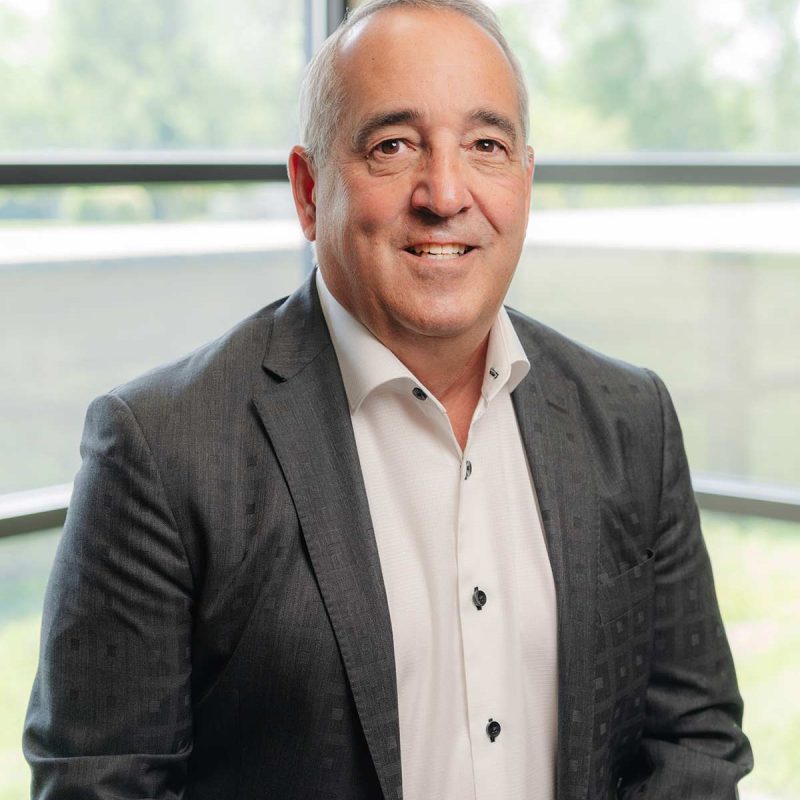
Dr. Giorgio Aiello earned his Doctor of Dental Surgery (DDS) degree from the University of Western Ontario in 1985, followed by an internship at the London Health Sciences Centre. He went on to complete his residency in Oral and Maxillofacial Surgery at McGill University in Montreal, Quebec, where he also obtained a Master of Science degree in 1992.
Dr. Aiello has been in private practice in London, Ontario ever since. He is a Fellow of the Royal College of Dentists of Canada, a Fellow of the International Team for Implantology (ITI), and holds a Fellowship with the International College of Dentists.
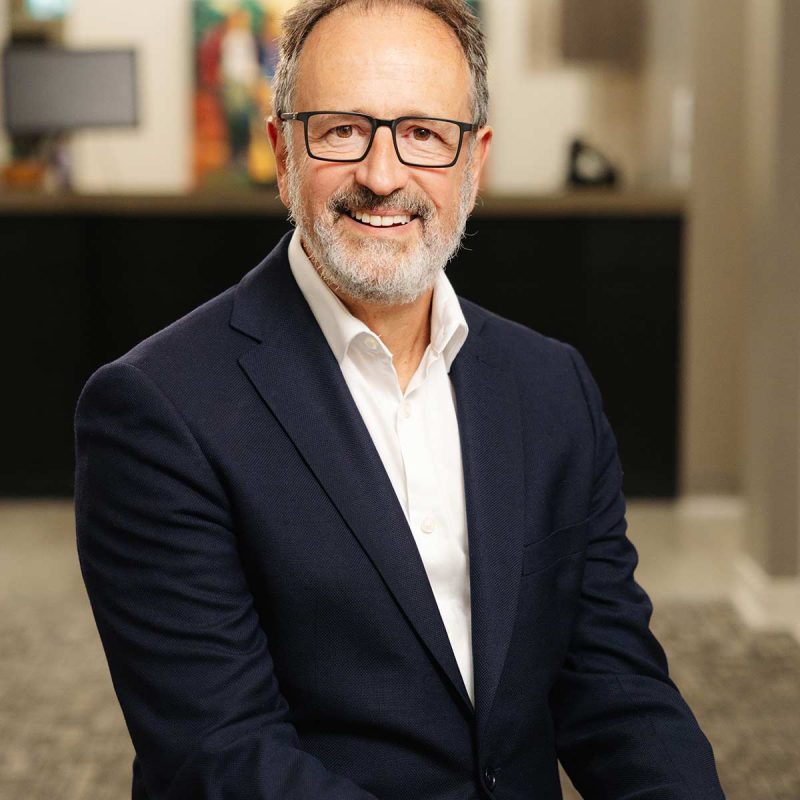
Dr. William L. Frydman, originally from Toronto, earned his Doctor of Dental Surgery (DDS) degree from the University of Toronto in 1983. He then completed a dental internship at Mount Sinai Hospital before pursuing a residency in Oral and Maxillofacial Surgery at the University of Illinois and Cook County Hospital in Chicago. In 1991, he received his Master of Science degree in microsurgery from the University of Illinois.
Since 1989, Dr. Frydman has been practising Oral and Maxillofacial Surgery privately in London, Ontario. He is a Fellow of the Royal College of Dentists of Canada, where he also serves as an examiner. In addition, he is a Diplomate of the American Board of Oral and Maxillofacial Surgery.
Dr. Frydman held the position of Clinical Associate Professor of Surgery at the University of Illinois at Chicago and served as Associate Program Director (Canada) for the university’s Oral and Maxillofacial Surgery program from 1997 to 2007. He is currently an adjunct clinical professor at Western University, where he regularly lectures in the graduate Orthodontics department.
Dr. Frydman is Chief of Surgery at St. Thomas Elgin General Hospital and is a past Chair of the Canadian Association of Oral and Maxillofacial Surgeons Foundation for Continuing Education and Research. He has received numerous teaching and meritorious service awards from the University of Illinois in Chicago, as well as recognition from provincial and national dental associations.
Deeply committed to global outreach, Dr. Frydman has participated in multiple surgical missions to underserved regions, providing care to children and adults with facial anomalies such as cleft lip and palate. His academic contributions include research and publications in both basic science and clinical fields. His primary clinical interests focus on corrective and reconstructive maxillofacial surgery.
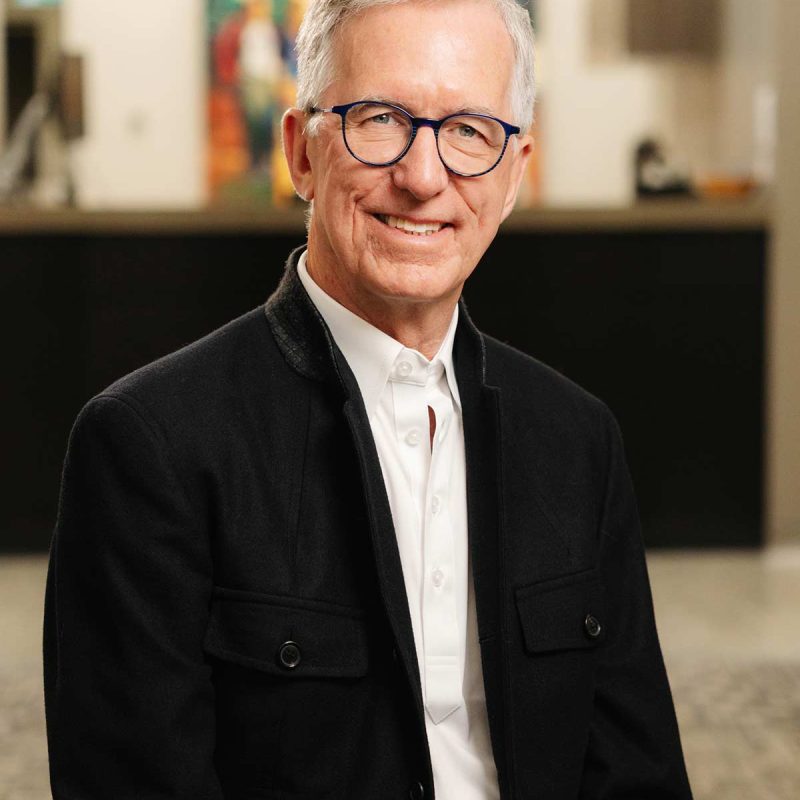
Dr. William G. Abbott was born in Regina, Saskatchewan and raised in Sarnia, Ontario. He earned his undergraduate degree from the University of Western Ontario and completed his Doctor of Dental Surgery at the University of Toronto in 1976. He then undertook a hospital internship at University Hospital in London, Ontario, followed by a residency in Oral and Maxillofacial Surgery at Michael Reese Hospital and Medical Center in Chicago, Illinois.
Dr. Abbott has been in private practice in London, Ontario since 1980. He is a Fellow of the Royal College of Dentists of Canada and a former examiner for the College. He also holds Diplomate status with the American Board of Oral and Maxillofacial Surgery. His leadership roles include past presidency of both the Canadian Association of Oral and Maxillofacial Surgeons and the London and District Dental Society.
Previously, Dr. Abbott served as Associate Clinical Professor of Oral and Maxillofacial Surgery at the University of Illinois at Chicago. He is a Fellow of the International Team for Implantology (ITI), where he currently acts as Study Club Coordinator for the Canadian Section. A frequent speaker at study clubs and dental society meetings, he is also an Honorary Fellow of the Academy of Dentistry International and the Pierre Fauchard Academy.